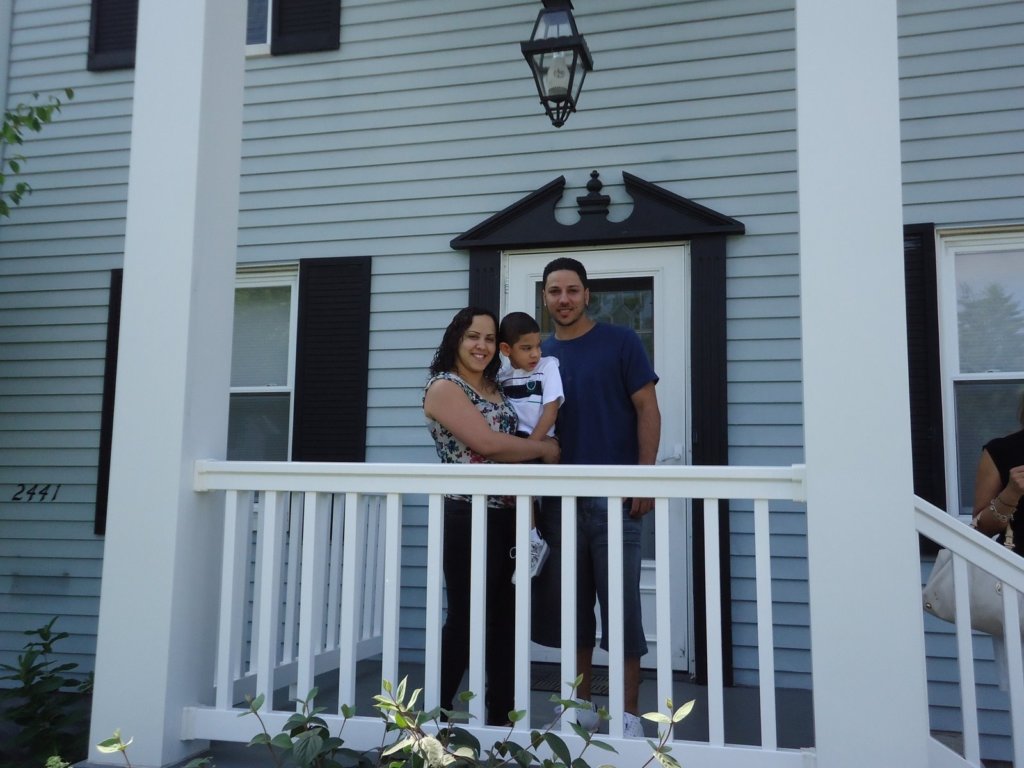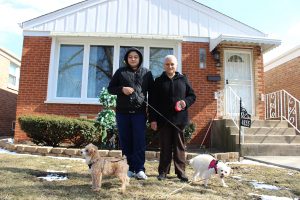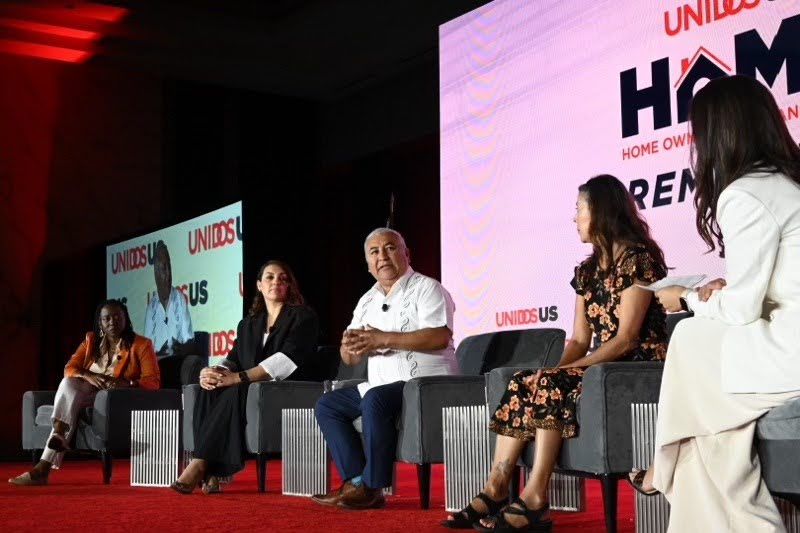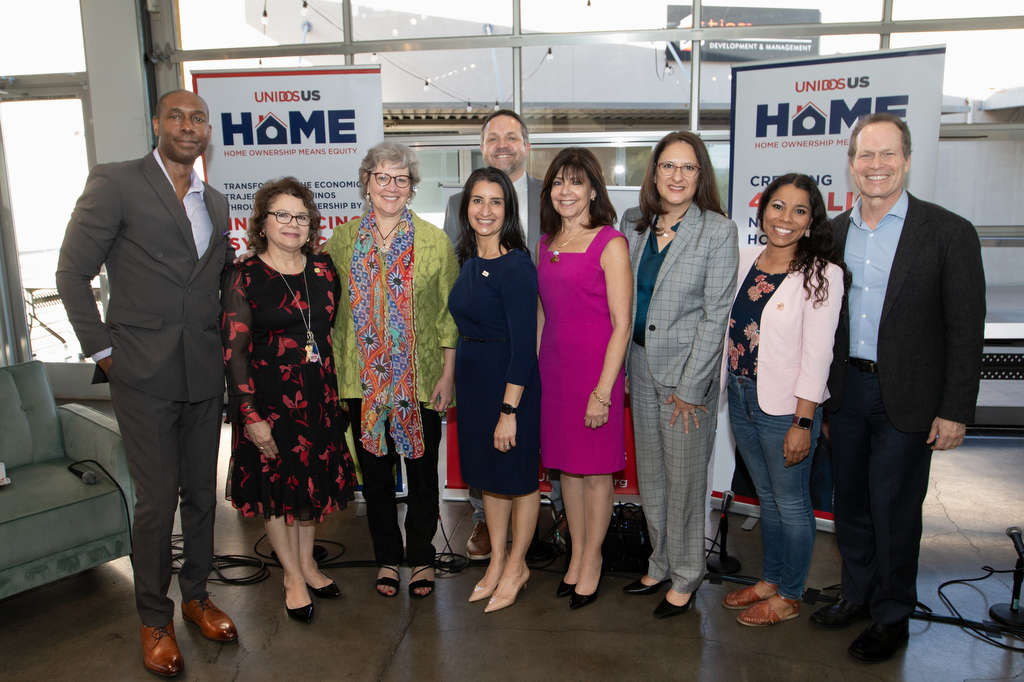Senate bill would weaken fair lending rules and expose Latinos to discrimination in mortgage lending
The bill would expose consumers to the same discriminatory and abusive financial lending that resulted in the recession a decade ago and threaten Latino families’ homeownership dreams.

By Agatha So, Policy Analyst, UnidosUS
The reckless behavior of banks and mortgage lenders caused the 2008 financial crisis, costing Americans millions of jobs and resulting in devastating foreclosures for millions of families. A lack of consumer protections and oversight of the financial marketplace allowed unscrupulous lenders to target communities of color with unfair and abusive financial products.
Our nation cannot afford for this to happen. But this week the Senate is expected to vote on a bill that would expose American consumers, including Latinos, to the same discriminatory and abusive financial lending that resulted in the economic recession a decade ago.
UPDATE: On Wednesday the Senate voted 67 to 31 to pass the bill.
S. 2155, the so-called “Economic Growth, Regulatory Relief, and Consumer Protection Act,” would weaken rules requiring banks and lenders to report mortgage lending activities under the Home Mortgage Disclosure Act (HMDA). This tool is essential to ensuring the success of Latinos in today’s housing market.
HMDA IS CRUCIAL TO MAKE SURE THE AMERICAN DREAM WORKS FOR ALL
Leading up to the crisis, UnidosUS and our allies used information about banks’ lending activities to identify patterns of unfair lending to Latinos and other communities of color.

Mortgage lenders often evaluated Latino mortgage applicants unfairly, charging them higher interest rates even when they had good credit. Latinos were 30% more likely to pay additional fees than White applicants. When Latino unemployment spiked, families fell behind on mortgage payments, and eventually millions lost their homes to foreclosure.
As the economy continues to climb out of the Great Recession, HMDA data remains crucial. In 2016, nearly 7,000 banks and lenders reported their lending activities. This information allows communities, advocates, and policymakers to determine if lenders are meeting the housing and credit needs of all communities, supporting fair lending, and engaging in discrimination.
According to an UnidosUS analysis of mortgage lending activities, in 2016, Latinos received more mortgages than in 2015. Yet, Latinos are more likely than Whites to be denied a mortgage or to fear they will be denied. While fewer lenders charged higher fees on mortgages, Latinos were still more likely to pay more for a mortgage than Whites.
Within the next decade, Latinos and other minority communities will form 70% of new households, and Latinos are expected to account for half of new homeowners. Access to affordable homeownership is especially critical for Latinos, since home equity accounts for more than half of Hispanic household net worth.
Recent data are promising: in 2016, median Latino net wealth grew and more than 200,000 Latinos became homeowners. These trends underscore the importance of strong regulations for mortgage lenders and transparent reporting requirements so that more Latino families have access to the dream of homeownership.
S. 2155 would make it harder to determine if lenders are serving Latinos’ credit needs and to identify harmful and discriminatory lending patterns. Having access to mortgage lending information under the HMDA remains critical to identifying and remedying inequitable and discriminatory lending practices.
UnidosUS will work with policymakers to ensure that banks and lenders obey fair lending laws and practices, including the collection and reporting of mortgage loan data that is made available to the public.
http://blog.unidosus.org/2017/12/15/financial-health-capability/
http://blog.unidosus.org/2017/04/13/one-nclr-affiliate-helping-low-income-latinos-build-wealth/


